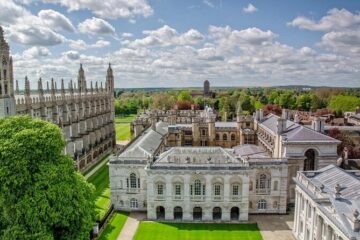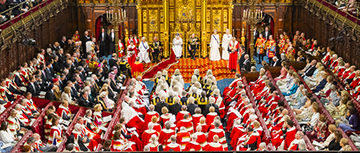By Lucas Mordue
In my opinion, liberalism, at its core, is about providing freedoms to people. It is about giving them the tools with which they can live their life and then letting them to their own devices. In this respect, New Labour provided 10 years of sustained economic growth, with real wage rises, low unemployment, low inflation, and falling poverty rates (among others) all whilst maintaining the core economic freedoms that had been brought about by Thatcher.
This is especially clear in the healthcare reforms brought about under Blair’s government. Blair maintained the system of quasi-markets within the NHS that had been brought about by Thatcher. However, his reforms were done to optimise consumer choice and well-being, giving patients more freedom in the hospitals and doctors they could be treated by. Blair’s government also transformed the NHS from being one of Europe’s most underfunded and underperforming health care systems to one of its best. This means that the increased freedoms to consumer choice in the healthcare markets were meaningful rather than nominal.
However, the Liberal Democrats agreed with many of these reforms and developments, so what sets New Labour apart from them? Well, liberalism should be practical. Liberals support freedom because it makes a difference in people’s lives and gives them more opportunity to succeed. If you cannot meaningfully achieve by not being in government, then it makes no real difference to society. New Labour were able to bring about so many liberal reforms that gave people across the UK more freedom and improved their prosperity. The Liberal Democrats have never been able to do this.
That is why New Labour have done more for the liberal cause than the Liberal Democrats ever have.



0 Comments